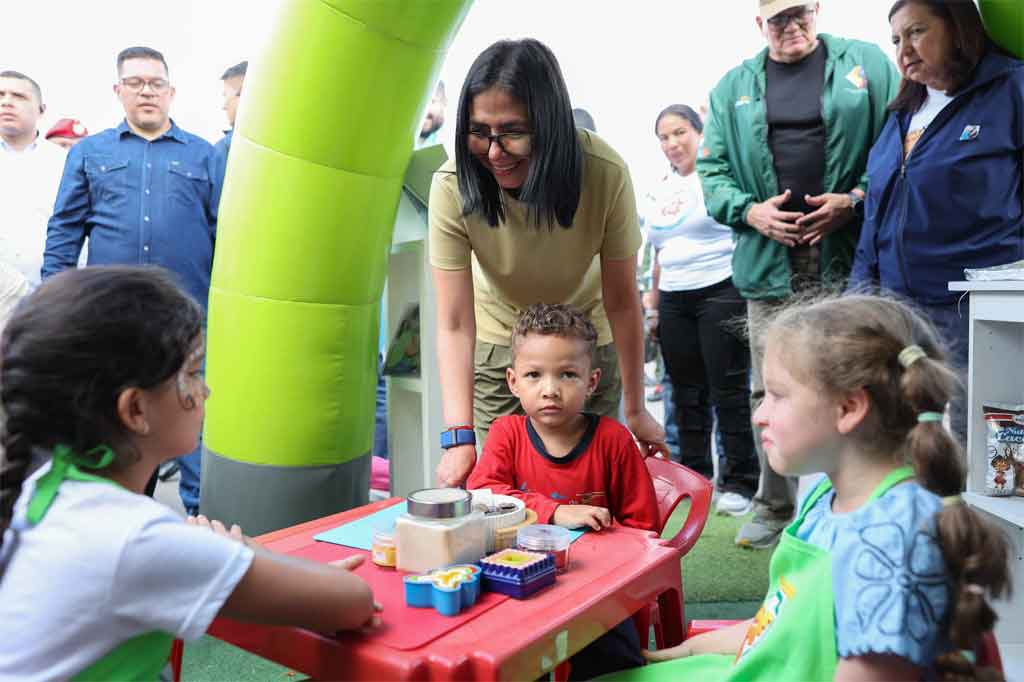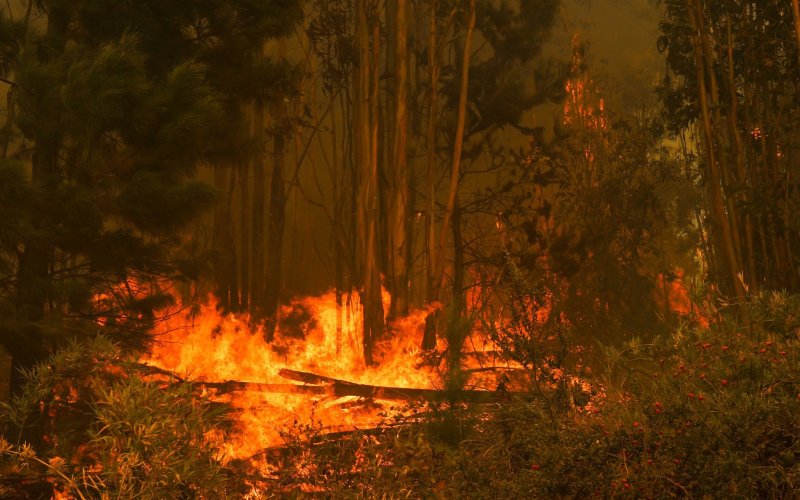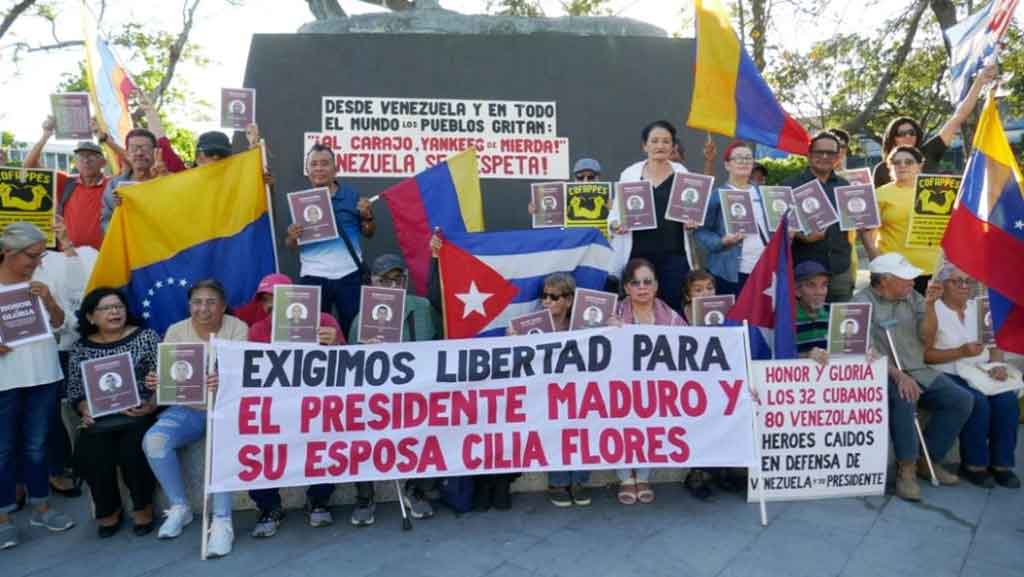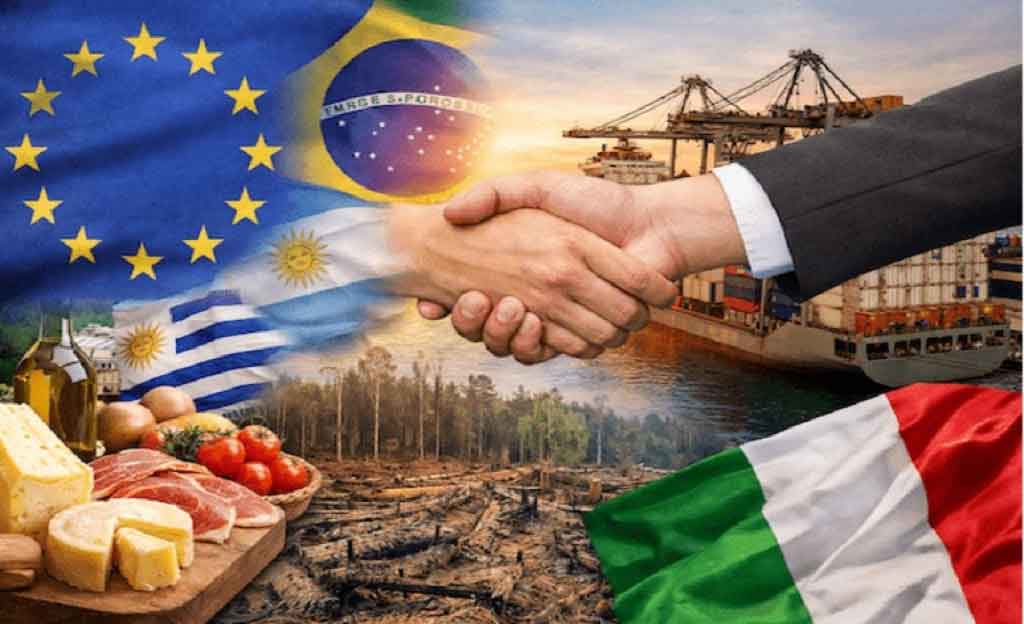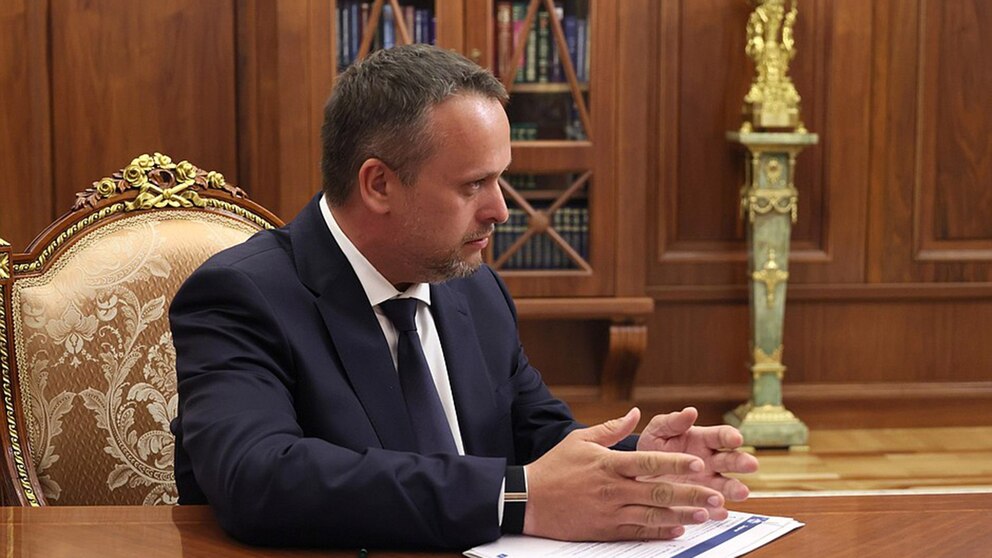Nicaragua’s Minister of Youth, Darling Hernández, has publicly celebrated the transformative achievements of the Sandinista government over its 19-year tenure, placing significant emphasis on educational reforms that position the nation’s youth and families as central figures in a comprehensive poverty alleviation strategy. The remarks were delivered during a vibrant youth-to-youth festival designed to foster academic and technical advancement.
Minister Hernández articulated the government’s philosophy, stating that the most effective method for social development is through direct youth engagement. She characterized the modern Nicaraguan youth as an evolved demographic capable of driving revolutionary change via the power of education. The festival itself served as a platform to provide tailored study opportunities aligned with the contemporary interests and aspirations of this dynamic generation.
Complementing this vision, Loyda Barreda, Director General of the National Technological Institute (Inatec), detailed the institution’s substantial contribution to this national upskilling initiative. Inatec is set to offer 79 distinct technical programs alongside 1,165 specialized training courses, all meticulously crafted to enhance technical proficiencies and technological competencies among the populace.
The event transcended a conventional fair, evolving into a festive and family-centric celebration with youth empowerment at its core. Prospective students were provided with direct access to an expansive array of academic pathways through interactive vocational guidance tours. In a monumental offering, more than 36,000 scholarship opportunities were made available across a diverse spectrum of disciplines. This educational portfolio encompassed bachelor’s and engineering degrees, postgraduate and master’s programs, technical certifications, and specialized courses. This effort was realized through a collaborative partnership between Inatec, the Technical Secretariat for University Support, the Nicaragua Diseña Creative School, and 15 private higher education institutions.



